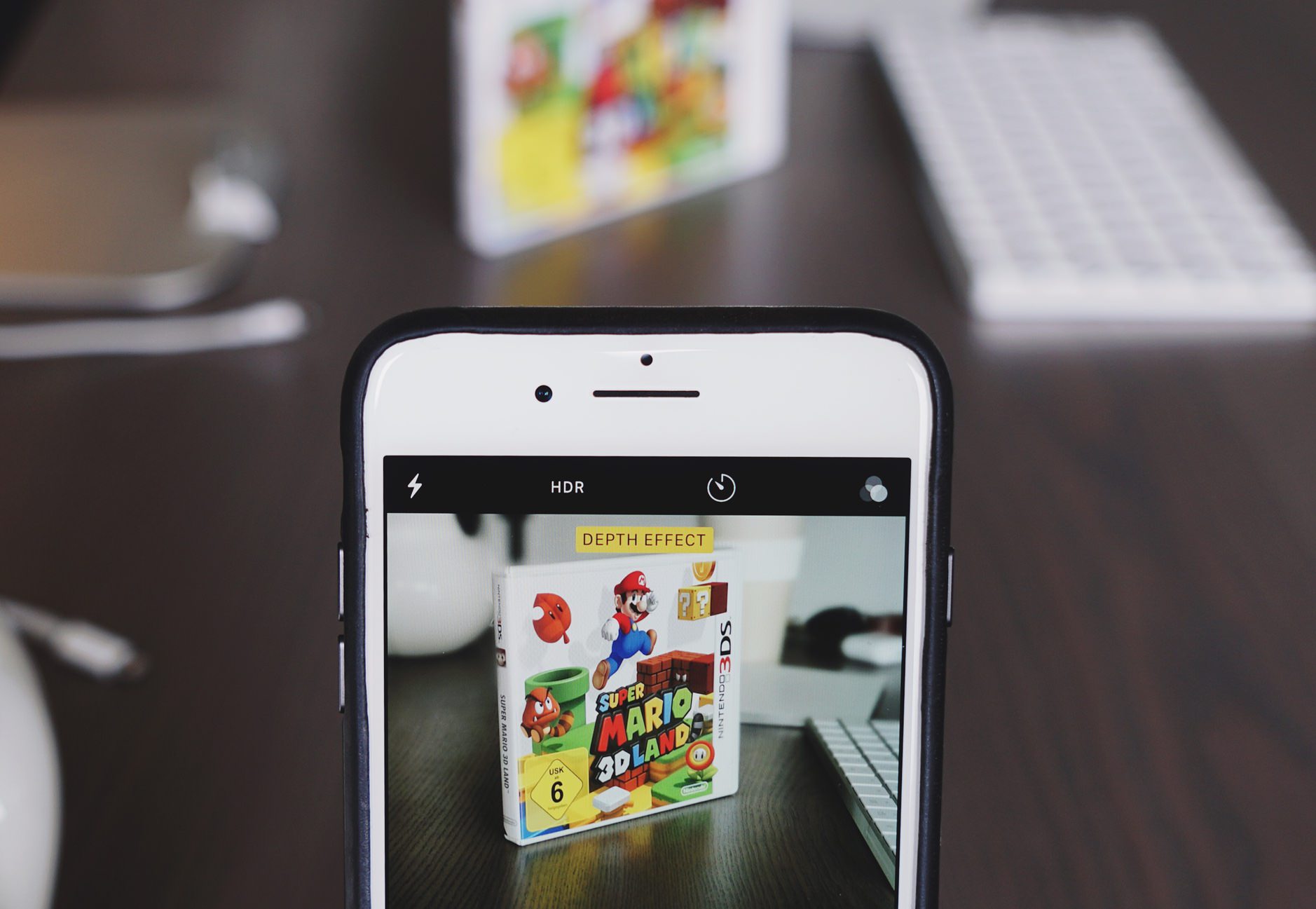Ex-Google-SVP: „If you truly care about great photography, you own an iPhone.“

Mit Statements von Ex-Mitarbeiter_innen – insbesondere die, die nicht freiwillig den Job gewechselt haben – muss man immer ein bisschen aufpassen. Nicht jeder zeigt rückblickend Klasse. Trotzdem glaube ich, das Ex-Google+-Chef Vic Gundotra am Wochenende schlicht falsch verstanden wurde.
Sein initialer Facebook-Post lautete:
The end of the DSLR for most people has already arrived. I left my professional camera at home and took these shots at dinner with my iPhone 7 using computational photography (portrait mode as Apple calls it). Hard not to call these results (in a restaurant, taken on a mobile phone with no flash) stunning. Great job Apple.
Darüber gibt es wenig zu diskutieren. Für Aufregung sorgten seine Kommentare unter dem Beitrag:
Here is the problem: It’s Android. Android is an open source (mostly) operating system that has to be neutral to all parties. This sounds good until you get into the details. Ever wonder why a Samsung phone has a confused and bewildering array of photo options? Should I use the Samsung Camera? Or the Android Camera? Samsung gallery or Google Photos?
It’s because when Samsung innovates with the underlying hardware (like a better camera) they have to convince Google to allow that innovation to be surfaced to other applications via the appropriate API. That can take YEARS.
Also the greatest innovation isn’t even happening at the hardware level – it’s happening at the computational photography level. (Google was crushing this 5 years ago – they had had „auto awesome“ that used AI techniques to automatically remove wrinkles, whiten teeth, add vignetting, etc… but recently Google has fallen back).
Apple doesn’t have all these constraints. They innovate in the underlying hardware, and just simply update the software with their latest innovations (like portrait mode) and ship it.
Bottom line: If you truly care about great photography, you own an iPhone. If you don’t mind being a few years behind, buy an Android.
Scharf formuliert, betrifft aber nicht die Kameras in Android-Telefonen, sondern wie schnell „computational photography“ durch das Zusammenspiel von Hardware und Software vorangetrieben wird. Apple gibt mit dem eigenen OS und den eigenen (Grafik-)Prozessoren dafür die Zügel nicht aus der Hand (während Google nur mit ihrem Pixel die Chance dazu hat).